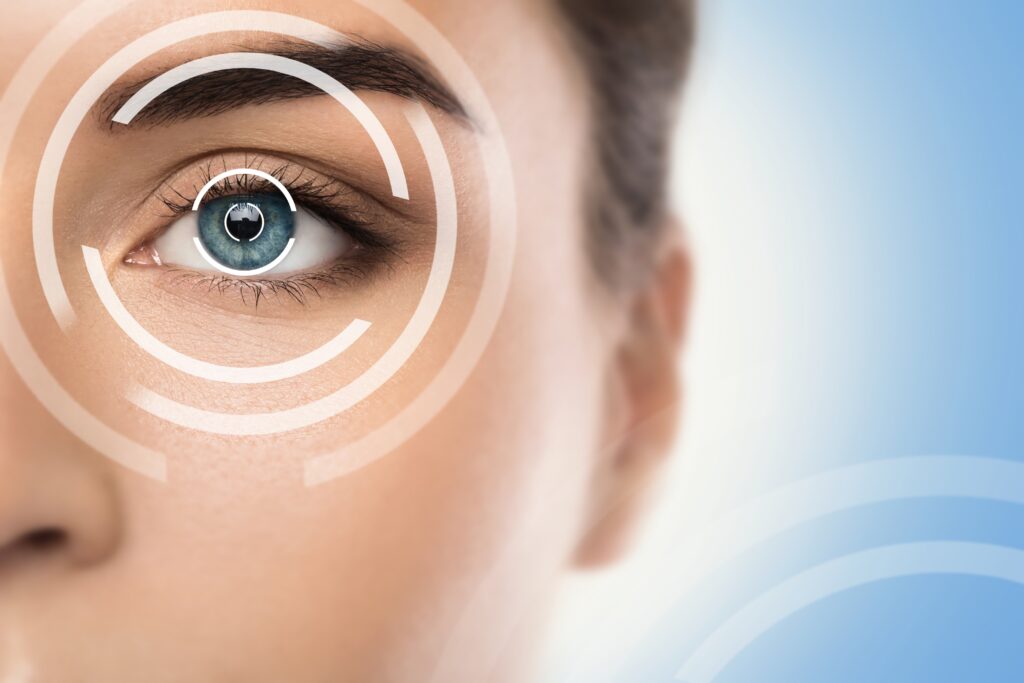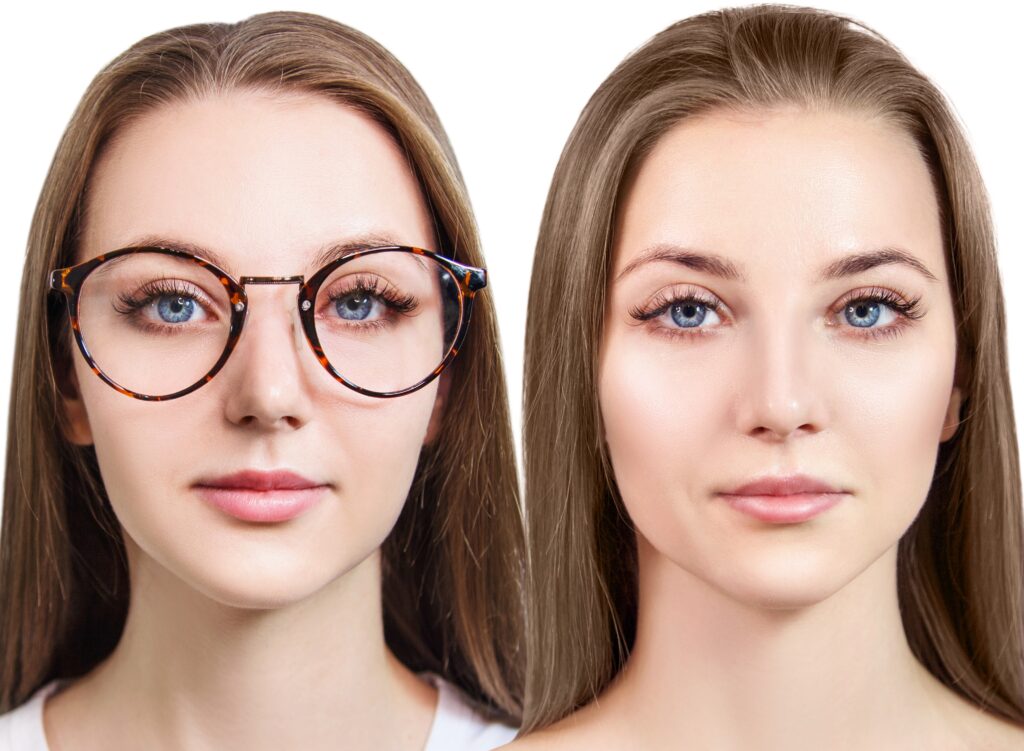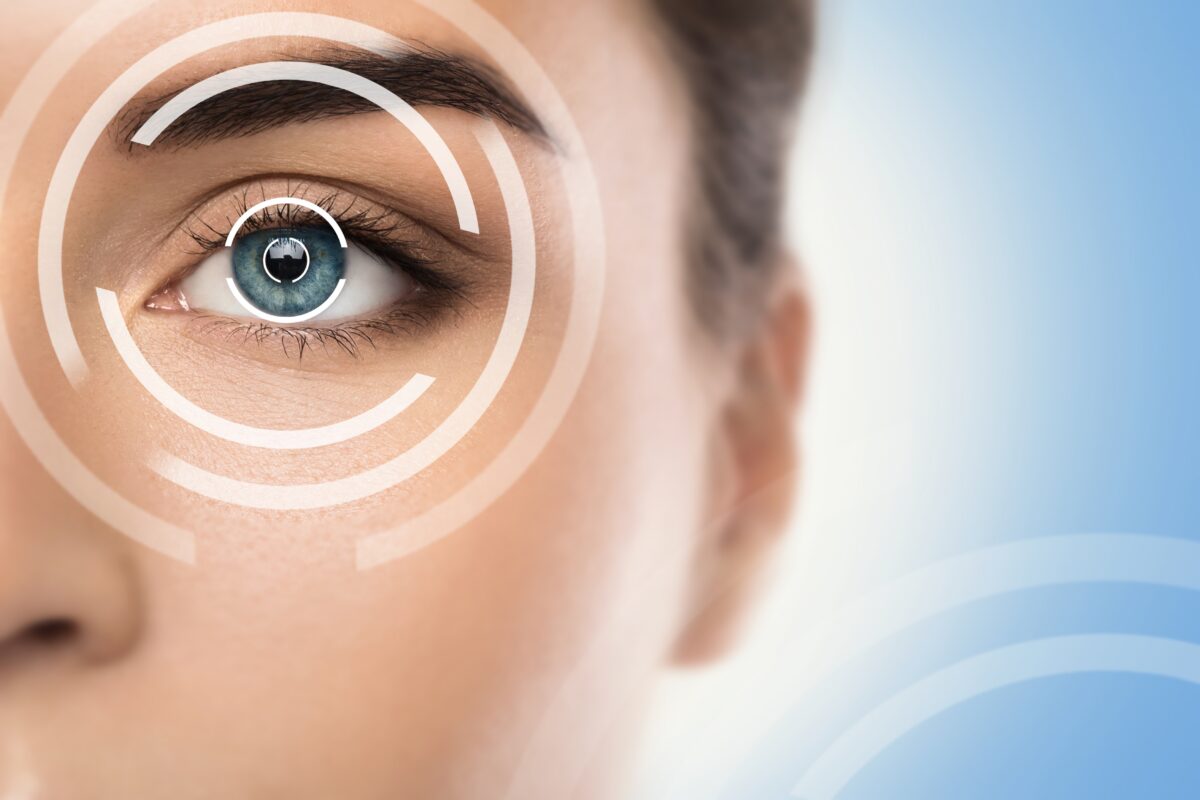Is Laser treatment effective for the eyes in the long term?
ranimenon8888
September 26, 2022
Have Any Questions?
Please contact us, if you have any queries
Categories
The advancement of new and modern technologies has made eye treatments a lot less complicated and surgeries have become more convenient and easier. Using a laser on the eyes for correction is called laser photocoagulation or laser photoablation. Laser treatment for the eyes is safer, faster, quite painless and involves no or low risk. Apart from these, laser treatment requires no sutures of bleeding and hence the patient can recover much faster. Laser treatments are most commonly done to correct refractive defects so you can see clearly without the aid of glasses or lenses. Laser treatments are also used to treat the following:
- Diabetic eye diseases
- Proliferative diabetic retinopathy
- Diabetic macular edema
- Macular degeneration
- Glaucoma
- Short-sightedness (Myopia)
- Corrective Refractive Errors
- Photorefractive keratectomy (PRK)
- LASIK (Laser-Assisted in Situ Keratomileusis)
- LASEK (Laser Epithelial Keratomileusis)
- Reshape the cornea of the eye
- Astigmatism
- Retinal Tears

Laser eye surgery procedure uses a laser beam to reshape the eye surface and improve conditions like short-sightedness, long-sightedness, astigmatism etc. Even presbyopia can be overcome to an extent with laser treatment. More people are now considering laser eye surgery options because of the safety and better success rates that laser offers. Having a thorough understanding of laser eye surgery options and its advantages can help make your decision easier. The main advantage of laser eye surgery to correct refractive issues is that you need not go back to the inconvenience of wearing glasses or lenses. You can engage yourself in leisure activities and sports you always wanted to do but couldn’t because you were wearing glasses or lenses.
Laser treatment called trabeculoplasty is used to treat some types of glaucoma, wherein laser is used to drain out the fluid from the eyes and lower the pressure inside the eyes. Scatter is another type of laser surgery used to treat diabetic retinopathy where the doctor uses laser to shrink the blood vessels causing vision problems in your eyes. Diabetic macular edema can also be treated with laser therapy and have proved to show only fewer side effects. Age-related macular degeneration also relies on laser surgery as a treatment, laser surgery reduces swelling to a large extent. However, laser surgery doesn’t restore the vision you have already lost but it can slow down the damage created to your central vision.

Laser surgery is performed by a surgeon specialized in it. The surgery will only be performed after ample eye check-ups and reviews by an experienced ophthalmologist. Laser eye surgery is quick and painless and is done usually under local anesthesia wherein people are awake throughout the procedure. The use of anesthetic eye drops before the surgery numbs the eyes and helps conduct the procedure without any pain. The patients need not stay back at the hospital and can go home in an hour or two once the surgery is over without any other health complications. Laser eye treatments are one of the safest technologies offering a 100% success rate that will last for a long time. You can even restore your 20/20 vision with minimum complications within a couple of hours after the operation procedure. Though considered exorbitant, the cost of laser treatment in Kerala is now affordable. Considering the pros and cons, laser treatment will be your long-term solution for defective vision.
Even though Laser eye surgeries do not involve long-healing time, it is important for the patients to take consider the following post-surgery:
- Do not expose your eyes out into the sun
- Do not touch or rub your eyes or the nearby surface
- Continue to use prescribed medications like eye drops
- On-time follow-ups and post-surgery check-ups

